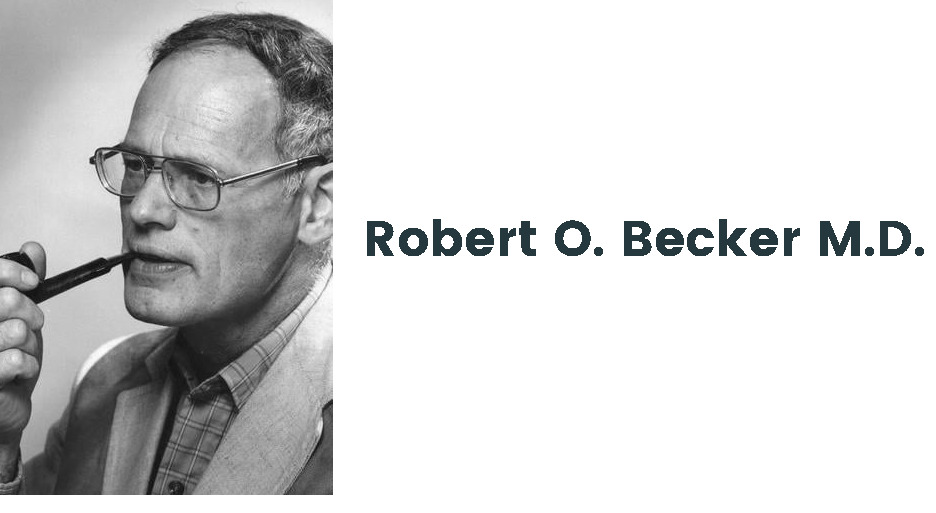
Choking in Sports and Life (The Often-Overlooked Cause)
- Natural Healing
- November 9, 2022
- 2 Comments
- 5 minutes read
Choking in sports refers to not being able to perform a task that you are normally able to perform because of performance anxiety. It’s called choking because it refers to the sensation of being strangled or unable to breathe when under pressure.
Some of the techniques used to combat choking are:
- Positive affirmations: (tell yourself “I can do this” “I will succeed”)
- Improve focus: (by keeping your mind occupied with the task at hand)
- Positive Imagery: (imagine being in a high-pressure situation and succeeding)
- Be in the present moment, be in the now: (focus on your teammates, focus on the crowd noise or other sounds in the room or on the court)
- Slow down: (slow down the game or match by taking your time)
While all these techniques can be helpful often overlooked is the important role that the adrenal glands play in combating both physical and mental stress.
The adrenal glands are two triangular-shaped endocrine glands that sit on top of the kidneys. They secrete hormones that play an important role in the body’s stress response including the fight-or-flight reaction. While some stress readies the body to take action, too much can result in excessive feelings of anxiety and nervousness which can negatively impact performance, whether it be at home, at work, in school, in sports, or in the bedroom.
The Expressions “choking under pressure,” “having the yips,” “having butterflies,” “losing your nerve,” “lost courage,” and “got cold feet” refer to experiencing feelings of anxiety and nervousness upon anticipating a challenging or stressful event. The greater the intensity of the stress the greater the feelings of anxiety and nervousness.
Many people mistakenly believe that these feelings of anxiety and nervousness are psychological but more often than not they are physical, specifically from overworked or underperforming adrenal glands. This does not mean that all symptoms of anxiety and nervousness are caused by the adrenal glands. But certainly, the adrenals should be considered.
We all experience anxiety from time to time when we have stress in our lives, but when it starts to affect our performance it becomes a problem.
Vitamin B complex is often referred to as stress B complex or stress tabs. That’s because B complex and other nutrients play an important role in corticosteroid stress hormone production, and the adrenal glands primarily produce corticosteroid hormones.
A study examined for the first time the efficacy of three months administration of two forms of high-dose B complex on mood and psychological strain associated with chronic work stress.
The results of the study are suggestive of significant decrease in the experience of workplace stress after 90-day supplementation of a B multivitamin. (1)
Vitamin B 5 (Pantothenic acid) is one of the B complex vitamins. It is known as “The Stress Vitamin.” It is necessary for the synthesis of adrenal corticosteroid stress hormones and has been demonstrated to elevate mood, lessen anxiety, and increase ability to tolerate stress.
As stated by Adelle Davis author of “Let’s Get Well” “How well each of us copes with stress depends on the adequacy of our diet both before and during the stress itself.” (2)
A healthy diet and supplementing with B complex and other nutrients can help prevent adrenal fatigue by strengthening the adrenal glands. That means an increased ability to cope with and withstand stressful situations. When our ability to handle stress is increased our anxiety levels drop and we become more confident and more focused. As a result, performance improves.
B complex supplements are usually sold in 50 to 100mg strength
The following supplements may be taken on a daily basis.
- B complex 50 mg
- An additional 500 mg of B-5 (pantothenic acid)
- 500 mg of vitamin C
- 200 mg of magnesium
- Approximately 30 mg of zinc
DISCLAIMER:
Since everyone’s nutritional needs may vary, consult with a qualified healthcare professional before taking any supplements.
Also, seek the advice of a qualified healthcare professional if you are experiencing mental or emotional problems or problems with anxiety.
References:
- “Let’s Get Well” Adelle Davis page 27 Copyright 1972 Published by BN publishing




2 Comments
Thanks.
Thank you for visiting Herbert Natural Healing